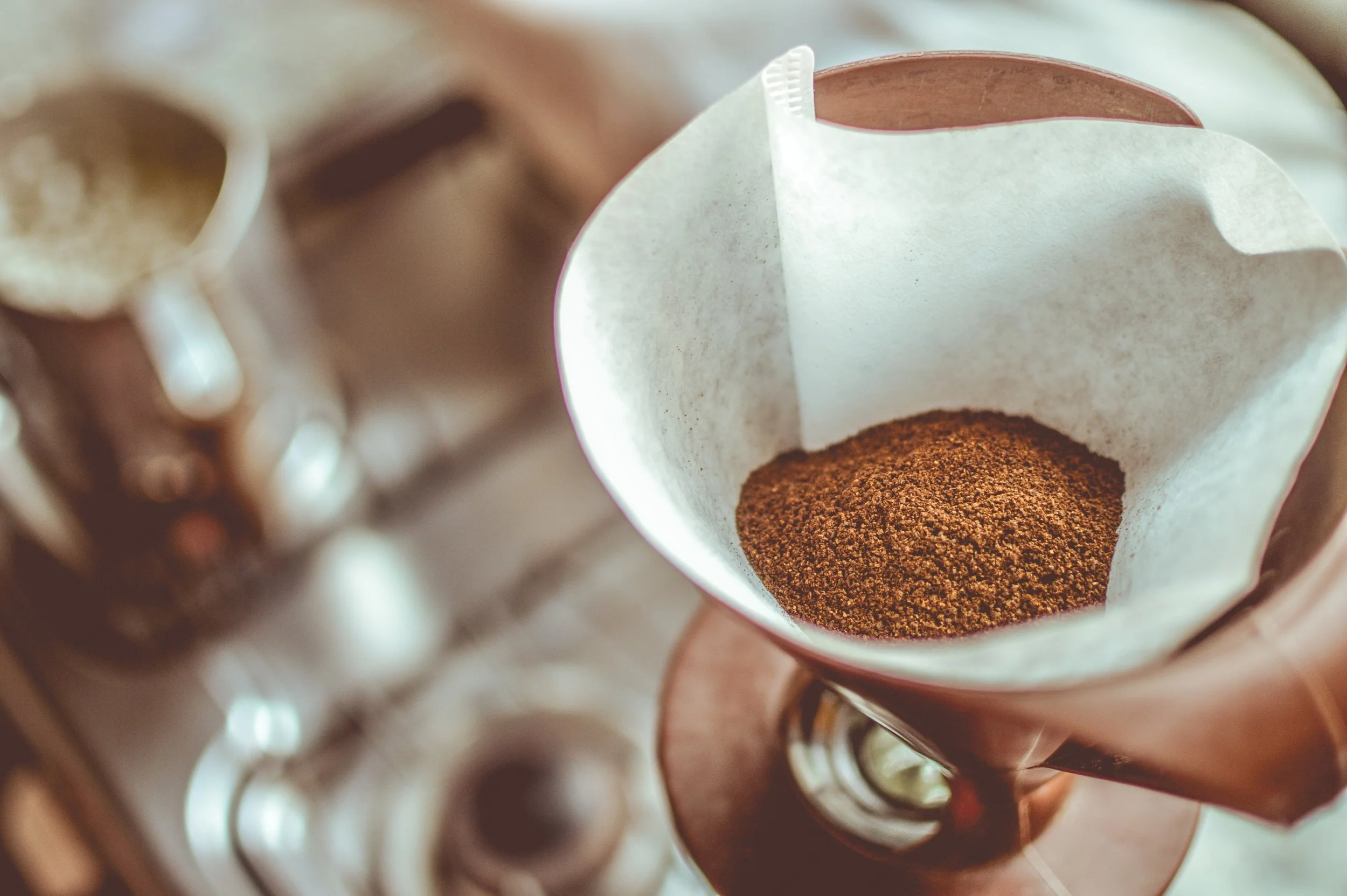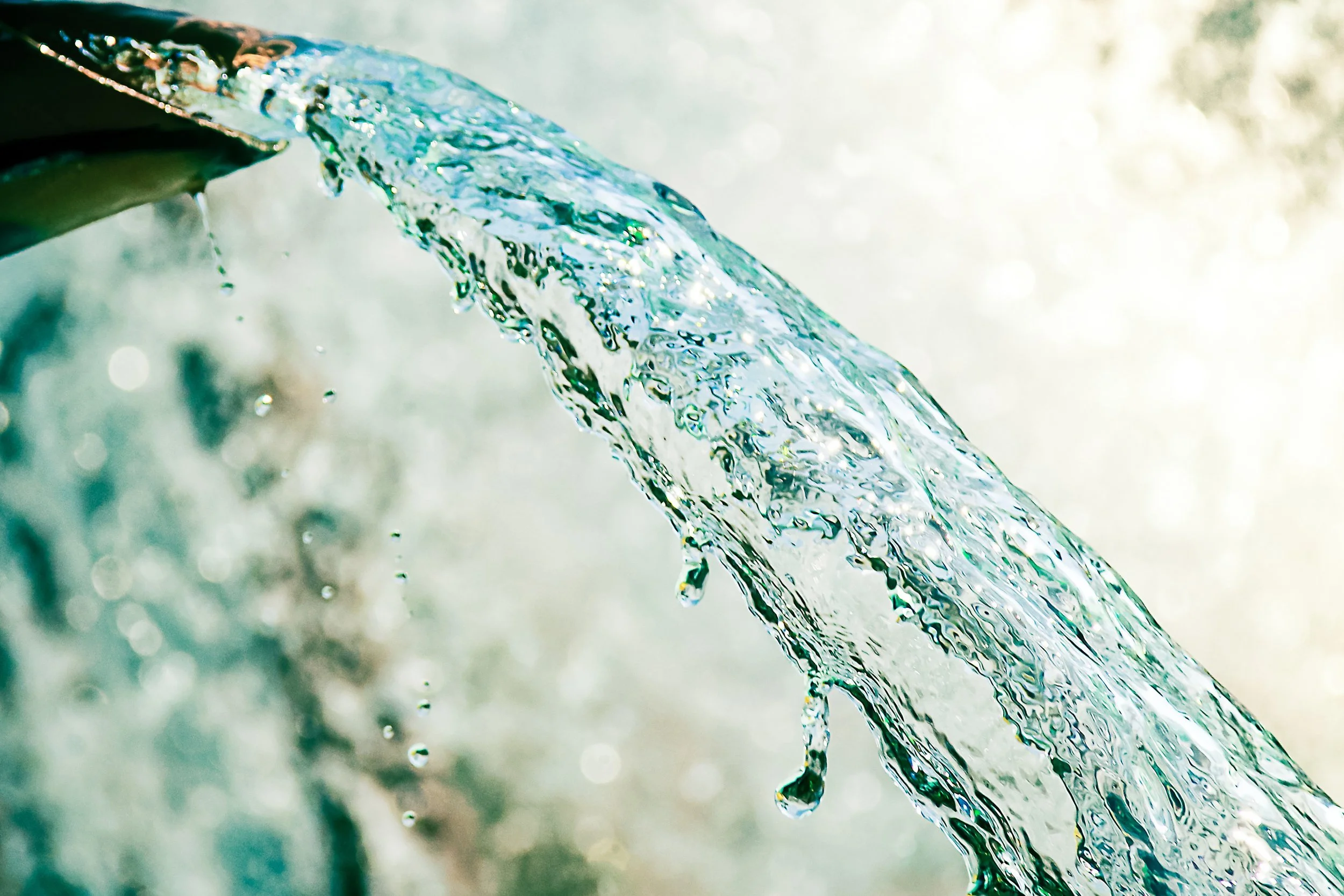Valorisation of co-products from the potato growing industry
Funding from IBioIC’s Feasibility Fund enabled Grampian Growers to work with Professor Giovanna Bermano from Robert Gordon University and Dr Gordon McDougall of The James Hutton Institute to assess the feasibility of valorising potato haulms as feedstocks for ingredients and high value products for global markets.
Microbial Bioproduction of Chemicals from Bread and Potato Waste Carbohydrates
Funding from IBioIC’s Feasibility Fund enabled C-Source Renewables and Stephen Wallace from the University of Edinburgh to work together to assess the potential for bread and potato waste generated from food waste to be used as a viable glucose replacement for the bioproduction of three chemicals used to make valuable industrial products which are currently manufactured from diminishing fossil resources.
Transforming fish oil waste into a biobased surfactant
This project aimed to address two distinct issues; costly waste from salmon fisheries and the toxicity and unsustainability of conventional surfactants, which are produced from synthetic or petrochemical feedstocks.
Towards the World’s first natural solution to valorise waste wool
This successful Feasibility Fund project represents a world-first step towards finding a natural solution to valorise waste wool.
Coffee waste as a source for bioenergy productions
This Feasibliity project by Artisan Roast, University of St Andrews, and Energy Recovery Systems Ltd demonstrated that coffee grounds are a profitable replacement for wood as a source for bioenergy.
Novel process for efficient bio-methanisation of waste- derived syngas
Owners of food waste AD plants are looking for alternative ways to valorise waste that contains both plastic and biobased substances. Carbogenics wanted to investigate whether fermentation from screening waste was possible and test a scaled-up version of their process for making biomethane from waste using bacteria.
Biological recovery of Rare Earth Elements
Using bacteria to clean waste water and recover metal ions.
New plant powered by whisky waste
Feasibility study helped to support the finance and sign off a £2.2 million capital project, resulting in a new AD plant being in place, commissioned and operational by June 2022.








